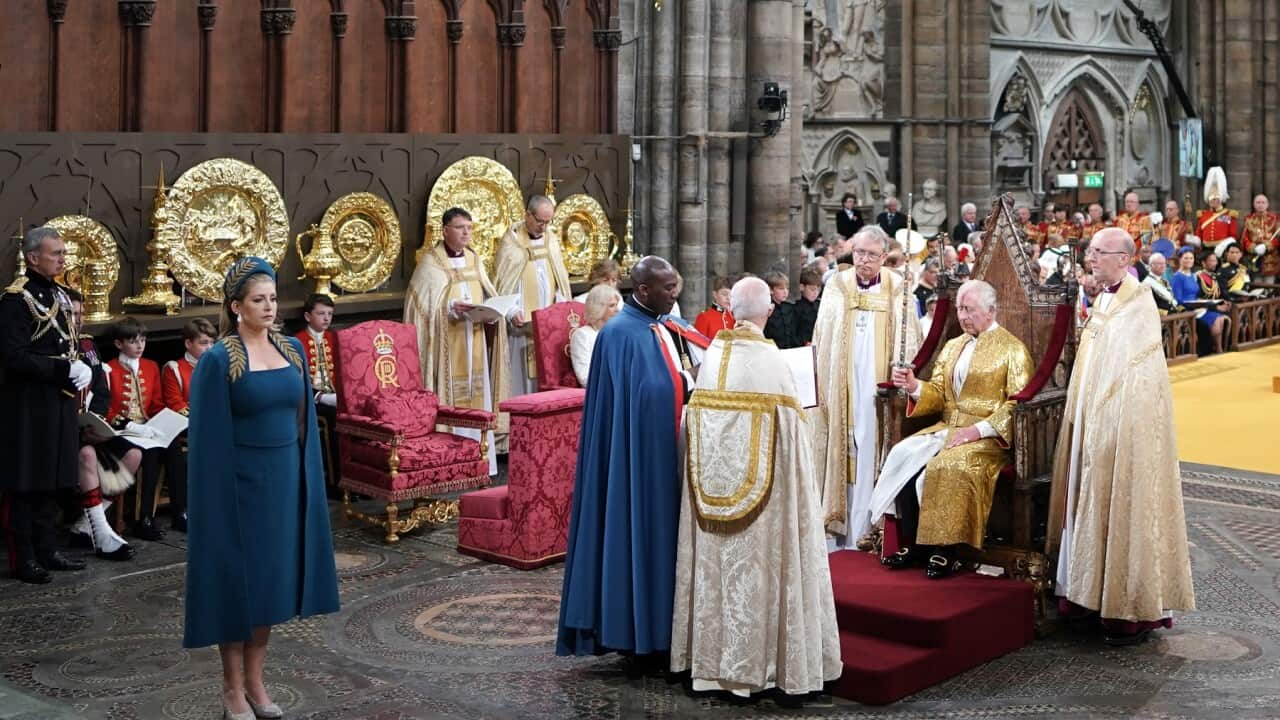Riding High
It began with Malcolm Turnbull on a smooth trajectory - public optimism opinion polls had voter support for the prime minister at 53 per cent. However, he went on to lose eight of his own, in a row, and now ends his year with voter support at its lowest level since he seized power in September 2015.
GST and Tax Debate
As part of the Turnbull Government’s promised tax reform package, the prime minister confirmed that changes to the GST were “on the table”, however, he then quickly decided against that idea. Perhaps sensing the Opposition may be able to execute an effective scare campaign, the proposal was killed off.
With GST changes now out of the picture, the Turnbull Government needed to find a new way to raise revenue - the states and territories were crying poor, and wanted more for health and education. So the prime minister flagged a new idea. One morning in March, Mr Turnbull announced a “once in a generation” reform which would allow the states and territories to gain their own income tax powers. Two days later the prime minister met with premiers and chief ministers who rejected the idea.
Election Plan
After announcing changes to Senate voting at the start of 2016, the government’s reforms passed through both houses of parliament in March.
A snap press conference was called where it was announced that both the House of Representatives and the Senate were to be recalled where they’d be asked to pass two industrial relations bills which had already been rejected.
The vital industrial relations legislation was, as expected, rejected and Mr Turnbull used Mother’s Day to announce Australians were going to the polls.
Marathon Campaign
So it began. A marathon eight-week election campaign in which the government had a 90 seat buffer to Labor’s 55.
The Coalition won the election, however, did so with a disastrous one-seat majority, meaning it’ll be a very tough three years of governing.
Mr Turnbull’s plan to clear out the Senate by sending Australians to the polls early also backfired spectacularly with the crossbench expanding from eight to 11. Now larger, and more feisty, the new Senate has already proved difficult for the Government.
Marriage Equality
The Abbott Government decided in late 2015 that same-sex marriage should be an issue decided by the people of Australia, rather than elected individuals, and decided to hold a plebiscite. While Malcolm Turnbull personally supports the idea of legalising same-sex marriage, many in his party do not, and he decided to stick to the status quo.
Prime Minister Turnbull’s cabinet signed off on the proposal for a plebiscite to be held on 11 February 2017, however, the policy still needed to be legislated.
While the bill passed the lower house it failed in the Senate 33 votes to 29, after Labor, the Greens and the Nick Xenophon Team voted in a bloc against the policy.
Resignations and Setbacks
2016 was the year of resignations with Federal Trade Minister Andrew Robb, Nationals Leader Warren Truss and Father of the House Philip Ruddock all announcing their retirement.
Former Speaker Bronwyn Bishop lost in a pre-selection battle to keep her northern Sydney seat of Mackellar, which she’d held for 22 years.
¼이 ʲgIn February, after weeks of pressure, then Human Services Minister Stuart Robert resigned from the Turnbull Ministry. He came under fire for a private trip to China in 2014 where it appeared he used his position as an assistant minister to help a friend and Liberal Party donor.
Looking forward
Malcolm Turnbull ended his parliamentary year on a high with the 45th Parliament passing those industrial relations bills as well as providing farmers certainty by lowering the backpacker tax to 15 per cent.
But 2017 is going to be an interesting year with the prime minister under mounting pressure to appease those conservative right factions of the Liberal and National parties. Former Prime Minister Tony Abbott already made multiple appearances this year, recently offered his opinion that his successor has shifted more to the “centre-right”, and no doubt he’ll be back with some New Year resolutions.
Donald Trump’s victory in the US has also emboldened those who until now may have remained quiet about Malcolm Turnbull’s direction, and with only a one-seat majority to cling to, expect those voices to get louder in 2017.




